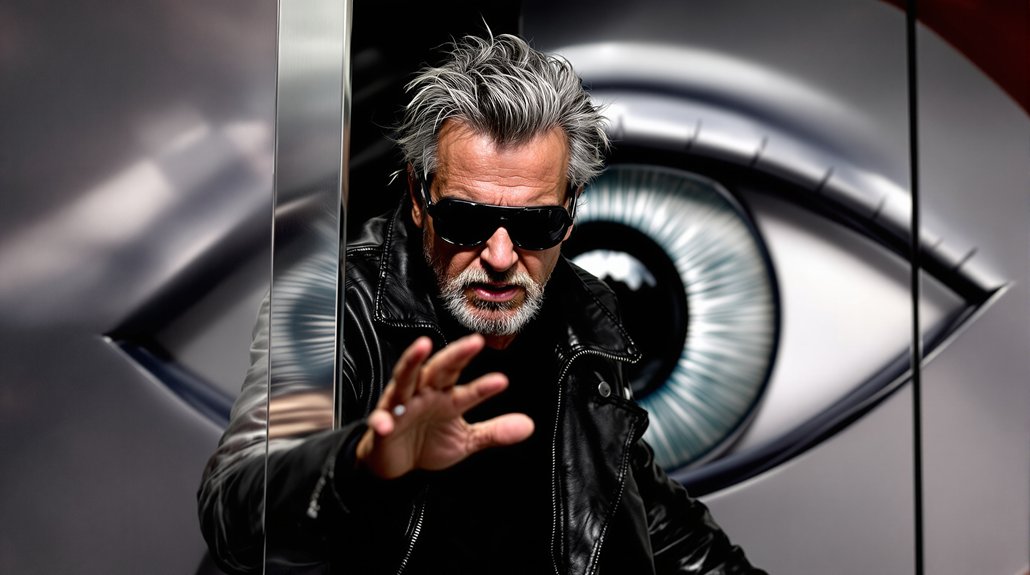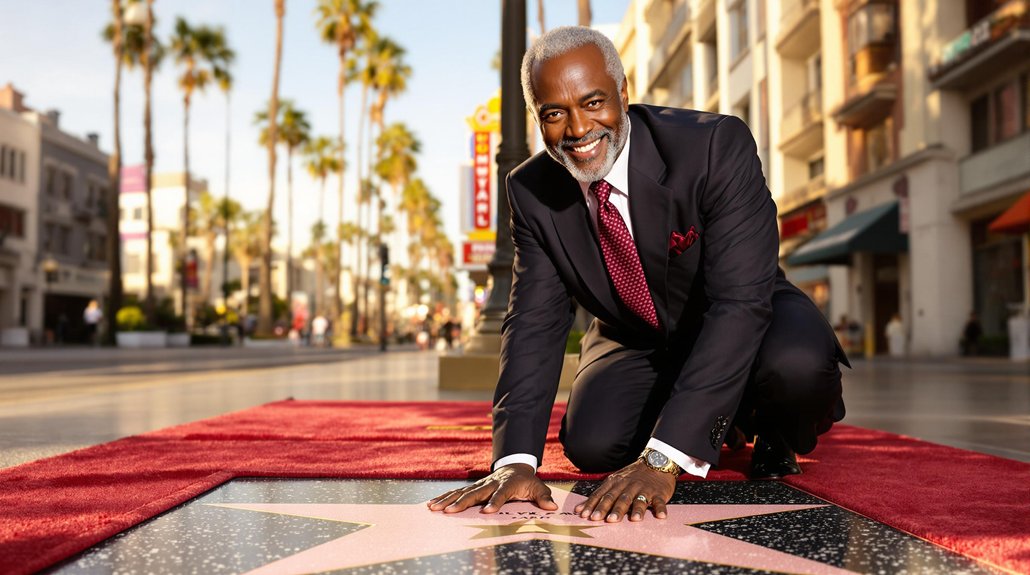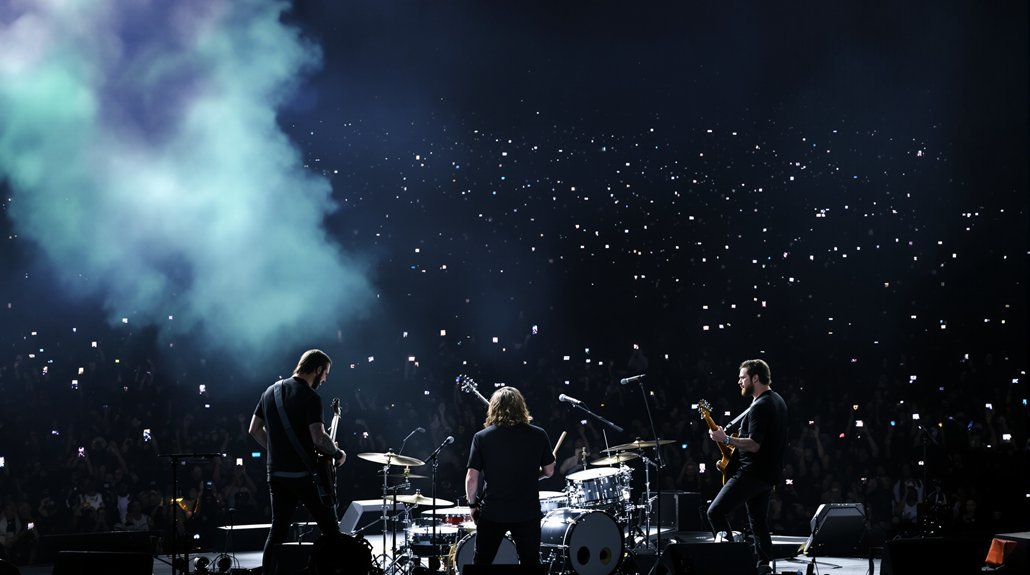The Venice International Film Festival, established in 1932 as the world’s oldest international cinema celebration, maintains greater artistic significance than the Academy Awards through its dedication to elevating film as fine art rather than commercial entertainment. Venice’s Golden Lion prize carries more artistic weight than Oscar recognition, supporting experimental filmmaking, unconventional narratives, and emerging directors from underrepresented regions while serving as a trendsetter that influences subsequent industry accolades and establishes critical standards that extend far beyond traditional Hollywood recognition.
Since its establishment in 1932, the Venice International Film Festival has maintained its distinction as the world’s oldest international film festival, earning recognition as one of the “Big Five” global cinema events that wield substantial influence over industry trends and artistic standards.
Unlike Hollywood’s Academy Awards ceremony, which mainly celebrates commercial achievements within the American film industry, Venice serves as an integral component of the Venice Biennale, a prestigious arts institution that has promoted global cultural exchange since 1893.
The festival’s Golden Lion prize represents one of cinema’s most respected honors worldwide, often carrying greater artistic significance than Oscar recognition due to Venice’s commitment to elevating cinema as fine art rather than entertainment commodity.
Venice’s Golden Lion transcends commercial recognition, establishing cinema as legitimate fine art rather than mere entertainment through its prestigious international acclaim.
This distinction becomes particularly evident in the festival’s role as a launchpad for cinematic movements, including Italian neorealism following World War II, which fundamentally transformed global filmmaking approaches and storytelling techniques.
Venice’s selection process actively encourages diverse, international submissions while accepting films still in progress, providing emerging filmmakers with essential early exposure that frequently leads to subsequent festival invitations and worldwide distribution opportunities.
The festival’s premieres consistently predict future critical and commercial success, establishing Venice as a trendsetter in international film criticism and industry development rather than merely rewarding past achievements.
The festival’s artistic innovation focus supports experimental filmmaking and unconventional narratives that challenge prevailing film norms, fostering global dialogue on cinematic artistry and technique through its integration with architecture, dance, music, and visual arts. The festival’s spectacular venues, including the renowned Palazzo del Cinema with its iconic Sala Grande, create an atmosphere that transforms Lido Island into a cinematic hub attracting global film lovers and industry professionals. The festival’s comprehensive structure includes specialized sections such as Orizzonti, which showcases the latest trends in international cinema, and Venice Immersive, which presents cutting-edge virtual reality experiences.
This interdisciplinary approach distinguishes Venice from award ceremonies that compartmentalize entertainment categories without acknowledging cinema’s broader cultural connections.
Venice consistently spotlights films representing underrepresented cultures and regions while hosting filmmakers, actors, and audiences from across the world, promoting cross-cultural exchanges that extend beyond Hollywood’s mainly Western perspective.
The festival’s awards influence subsequent accolades including the Oscars, often launching award season trajectories that validate international films and artists on global stages.
Through continuous evolution in programming while maintaining traditional standards, Venice remains relevant by introducing cutting-edge works annually, reinforcing its position as a meeting point for world culture and cinematic excellence that transcends Hollywood’s commercial focus.









